Just because your garden is small, don’t think that you can’t have trees. One of the advantages of planting trees is that there is a species to fit every location, regardless of size. Many people with small gardens only have space for one tree so choosing the right one is important. When planting in small enclosed spaces, it is advisable to plant trees that have a small crown spread. Eventual height is an important factor too. Even small ornamental trees may, over time, reach a height of 6-7m or more. If you only have room for one tree ideally look for one with more than one feature or season of interest such as coloured bark or fruit or autumn colour following on from flowers.
20 Trees for the Small Gardens
Native Trees
Strawberry tree (Arbutus unedo) – Slow growing evergreen with shredding brown bark and dark green, leathery leaves. Clusters of pinkish white, pitcher-shaped flowers and red strawberry-like fruits are borne together in late autumn and winter. Height 5m.Spindle (Euonymus europaeus) – Although inconspicuous for much of the year, this small tree is very showy in autumn and early winter when the leaves turn blazing scarlet and masses of rose-red capsules split open to reveal orange seeds. Height 4m.
 Silver Birch (Betula pendula) – Distinctive
silvery-white, peeling bark that becomes marked with black, rugged
cracks as it gets older. In spring, yellow-brown male catkins appear and
in late autumn the diamond-shaped, bright green foliage turns yellow
before falling. Height 12m. Betula pendula ‘Youngii’ is a weeping form
that develops a mushroom-headed habit with branches reaching to the
ground.
Silver Birch (Betula pendula) – Distinctive
silvery-white, peeling bark that becomes marked with black, rugged
cracks as it gets older. In spring, yellow-brown male catkins appear and
in late autumn the diamond-shaped, bright green foliage turns yellow
before falling. Height 12m. Betula pendula ‘Youngii’ is a weeping form
that develops a mushroom-headed habit with branches reaching to the
ground.Rowan (Sorbus aucuparia) – Choose the fastigiate form. Leaves turn deep, fiery red and yellow in autumn. Sprays of white flowers cover the tree in late spring, followed by bunches of red berries in autumn. Height 8m.
Yew (Taxas baccata) – Choose the columnar or fastigiate form. Slow growing coniferous tree forming a dense, compact column. Height 3m.
Ornamental Trees
Snowy mespilus (Amelanchier lamarckii) – Stunning white, starry flowers in springtime followed by edible, purple black fruits. Leaves turn from bronze in spring to green in summer to brilliant red and orange during autumn. Height 8m.Ornamental sycamore (Acer pseudoplatanus ‘Brilliantissimum’) – Leaves open salmon-pink in spring turning yellow-green by summer. Clusters of yellow-green spring flowers. The tree has a lolly-pop, spreading form. Height 8m.
Crab (Malus ‘Evereste’) – White flowers in late April are followed in autumn by orange-yellow fruits. The fruits are inedible but will nourish local birdlife. Height 7m.
Paperbark maple (Acer griseum) – Cinnamon-coloured bark flakes and peels to reveal orange colouring underneath. Brilliant red and orange autumn colour. Height 6m.
Himalayan birch (Betula utilis ‘Jacquemontii’) – Trunk and branches are a luminous white. Glossy dark green leaves turn yellow in autumn and yellow-brown male catkins appear in early spring. Height 12m.
Weeping pear (Pyrus salicifolia ‘Pendula’) – Very elegant tree which forms a dense mound of weeping branches. These are clothed with downy, silvery grey, willow-like leaves. White flowers in April followed by small brown fruits in autumn. Height 7m.
Red-flowered hawthorn (Crataegus laevigata ‘Paul’s Scarlet’) – A thorny tree bearing clusters of dark pink, double flowers in May and June followed by small red (inedible) fruits in autumn. Height 8m.
Japanese flowering cherry (Prunus ‘Amanogawa’) – A narrow, upright tree ideal for restricted spaces. Young leaves are bronze-green, turning green in summer. The large semi-double, soft pink flowers, which are slightly fragrant, are borne in dense clusters in April or May. Height 8m.
Snake-bark maple (Acer pensylvanicum) – Trunk and branches streaked green and white and brilliant yellow autumn leaves. Height 6m.
Kashmir rowan (Sorbus cashmiriana) – Many fingered, green leaves turn russet and gold in autumn. In late spring, the tree is covered in clusters of pink or white flowers, followed by large white berries which last well in to winter. Height 6m.
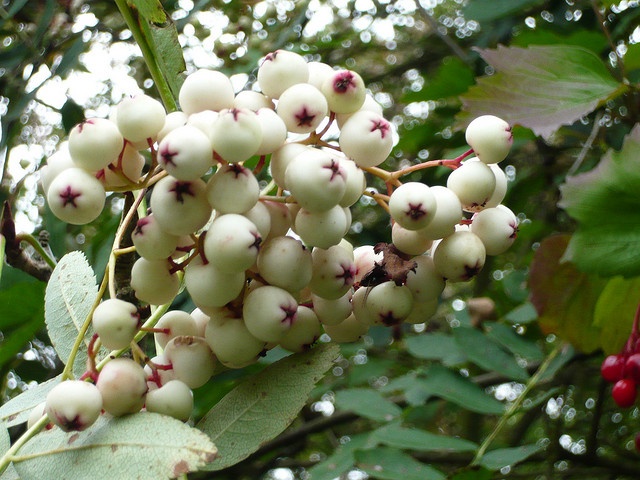
Purple-leaved plum (Prunus cerasifera ‘Nigra’) – Dark red foliage changing to deep purple on purple stems, contrasting dramatically with masses of pink flowers in March and April. Height 10m.
Laburnum (Laburnum x watereri ‘Vossii’) – Masses of long, pendulous, lightly scented clusters of yellow flowers up to 30cm long smother the tree in late spring. Note – all plant parts are poisonous if ingested. Height 8m.
Kilmarnock willow (Salix caprea ‘Pendula’) – A dwarf growing, dense-crowned, weeping willow with stiff, pendulous branches. Grey and yellow catkins are borne in spring. Height 2-3m
Crab (Malus ‘Royalty’) – Large deep pink flowers in spring followed by exceptionally bright red-purple fruits in autumn. Glistening, rich purple leaves. Height 6m.
Japanese maple (Acer palmatum ‘Osakasuki’) – Grown mainly for its spectacular autumn colour, this is perhaps one of the best of all the maples. It has an open habit, and its large, seven-lobed, bright green leaves turn brilliant scarlet in autumn and last for several weeks. Height 6m.
Source By: http://treecouncil.ie/tree-advice/trees-smaller-gardens/
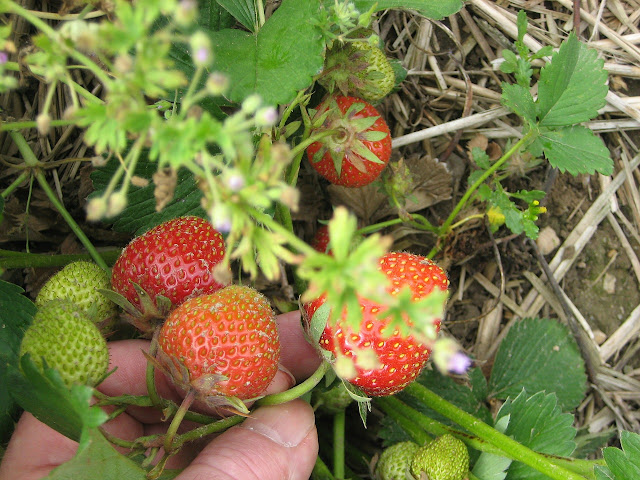





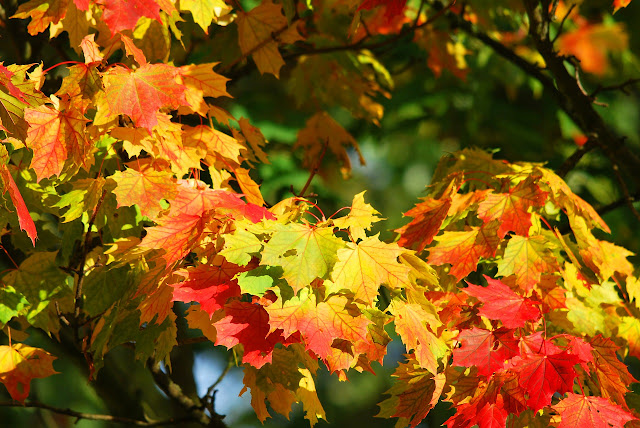
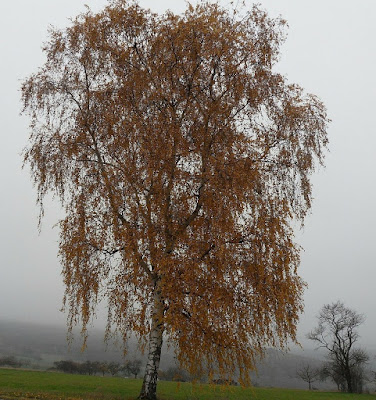



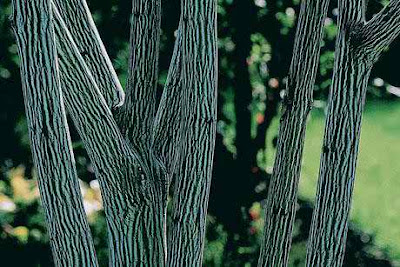
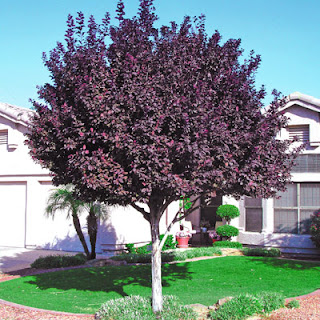
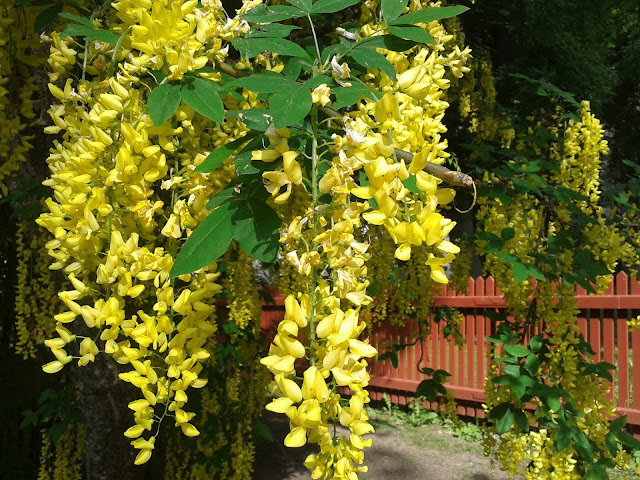
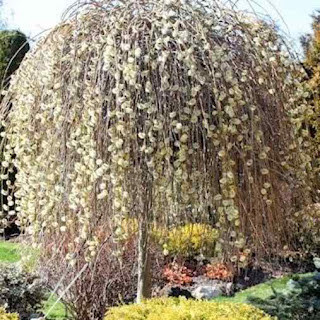
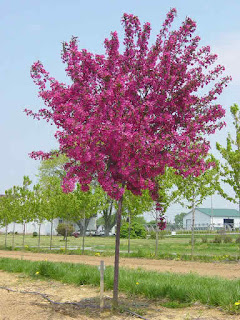












0 comments:
Post a Comment